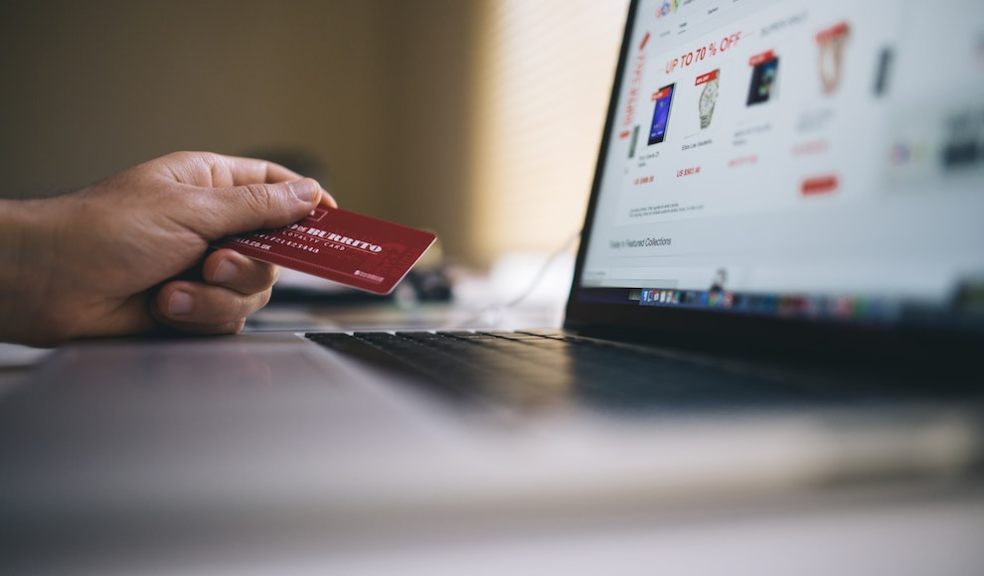
How to Protect Your Digital Privacy?
In 2023, online privacy reached its lowest point, plagued by a series of devastating data breaches. Over 156 million Americans have fallen victim to 1,393 breaches in just the first six months of the year. One of the most notorious among them is the MOVEit data transfer breach, where hackers gained unauthorized access to the private healthcare records of countless patients in Missouri, Oregon, and beyond.
While the disclosure of private healthcare information would be a living nightmare for most individuals, everyday occurrences of less severe data leaks and compromises persist. Safeguarding personal and private information has become an essential aspect of online safety.
#1 Limit sharing of personal information
To enhance the online security of your personal information and guard against scams, it is crucial to limit the amount of information you share. Start by being mindful of the data collection policies of social networks and any app or service you use.
All social media platforms and apps gather data about your identity, interests, and online activities. This accumulation of information creates your online footprint, which scammers can exploit to gain access to sensitive details.
Regrettably, these platforms often mishandle user data. Recent incidents include Zoom connecting user accounts to LinkedIn profiles, inadvertently exposing names and professions. Facebook negligently stored hundreds of millions of account passwords in a searchable database accessible to employees, unnoticed for a shocking seven years.
#2 Protect your web browsing
Companies and websites incessantly monitor user activities online, gathering location, browsing patterns, and more. The data collected can reveal surprising details about individuals, surpassing common assumptions. While one might commend themselves for refraining from publicizing personal medical issues or religious beliefs on social media, likely, the websites frequently visited divulge ample information enabling advertisers to precisely profile users. Targeted advertisements continue to be one of the most disconcerting developments on the Internet.
#3 Use a VPN
To protect digital privacy, it is important to use a VPN for PCs, smartphones, and all devices that connect to the Internet. They provide data encryption during their transmission, that is, no outsider can use them against us. More advanced solutions like VeePN also protect against phishing, viruses, and hacker attacks and hide your IP address. Even a VPN free trial will be enough to reduce the number of cybersecurity risks significantly.
#4 Change your social media settings to be more secure
To ensure your desired level of both sharing and privacy, it is crucial to consider various factors. These factors include:
- Location tracking: Give thought to disabling automatic geolocation data for your social media posts, photos, and comments.
- Public information: Carefully determine which information should be public, hidden, or somewhere in between. This usually involves three levels of data: profile data, your content, and your interactions with other content.
- Likes, shares, and comments: While we often focus on limiting what we share, it's important to note that your "likes" and comments on other posts are typically public as well. Profile pictures, names, and comments on other posts may also appear in search results, even for "private" accounts.
#5 Beware of phishing
Attackers don't always rely on malware or invisible hacking to compromise our security. Instead, they often resort to deceiving us into voluntarily surrendering our passwords or personal data.
These fraudulent attempts can occur through various channels, such as emails, text messages, or phone calls. Usually, the attackers aim to obtain our usernames, passwords, or even our Social Security numbers. However, there are often telltale signs that these messages are not legitimate – typos or grammatical mistakes, links that redirect to unauthorized websites, or emails originating from suspicious domains.
#6 Protect yourself from search network tracking
Your chosen search engine accumulates a vast amount of personal data. And for 92% of individuals, that search engine happens to be Google. The proprietors of the two leading search engines — Google and Bing — also oversee the widely used browsers Chrome and Edge, respectively. Accordingly, they monitor an extensive range of data.
- The primary measure in enhancing search engine privacy involves expunging your data.
- For Google: Access the My Activity dashboard and obliterate all contents.
- For Microsoft: You must separately clear data from both Microsoft Edge and Bing.
- For Yahoo: You can eradicate data through search history management.
#7 Encrypt your data
Computer data, texts, and emails may seem secure, but there is always a chance of being mistaken. Encryption plays a crucial role in safeguarding your information. It scrambles your data, requiring a decryption key or password for access. Consequently, encryption becomes a shield against cybercriminals who might steal your hard drive, intercept your text messages, or deceive you into divulging sensitive information through counterfeit websites.
Here's how to enhance your security:
Encrypt the data on your computer. Most modern Apple and Android devices already employ default encryption. Additionally, you can establish encryption on Windows and Mac, rendering your data incomprehensible to unauthorized individuals.
Utilize messaging apps with end-to-end encryption. WhatsApp, Telegram, or Signal offer the safest messaging options, although privacy concerns still exist with WhatsApp. Other methods like unencrypted texts and Facebook's Messenger app possess "back doors" that allow third parties to intercept your messages.
Before selling or recycling your devices, wipe them clean. Delete all data and restore the devices to their factory settings, ensuring that no residual information remains before passing them on.
Conclusion
Digital privacy is something we all lack. Big data technology and its smart processing through AI have triggered a huge demand for our personal data. Companies are willing to spend money, take unpopular measures, and even buy information from intermediaries to learn more about us. However, it is possible to protect yourself from intruders.



















